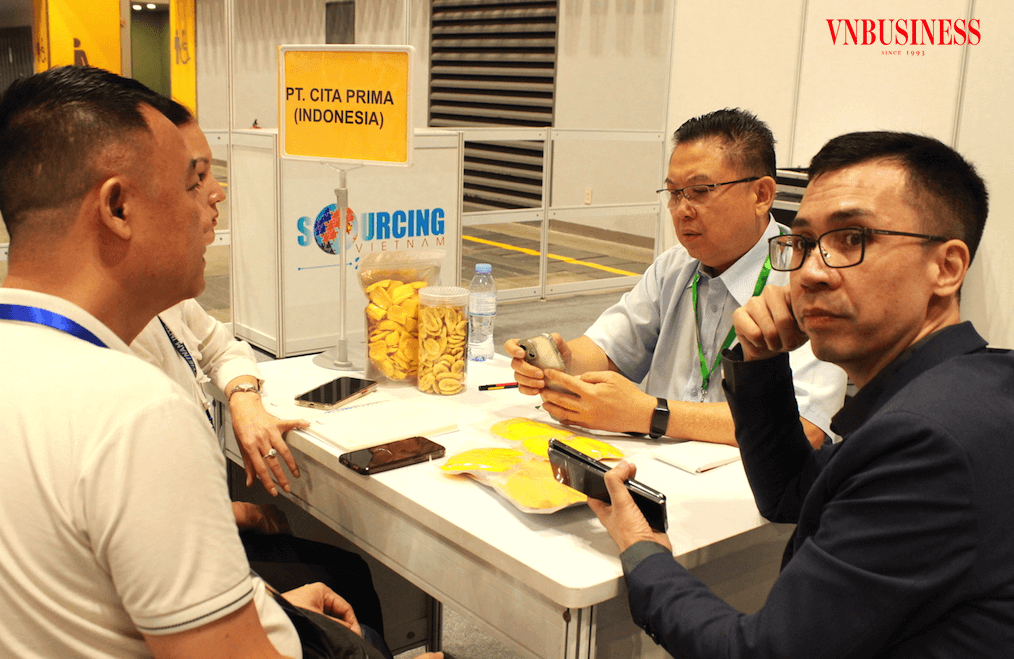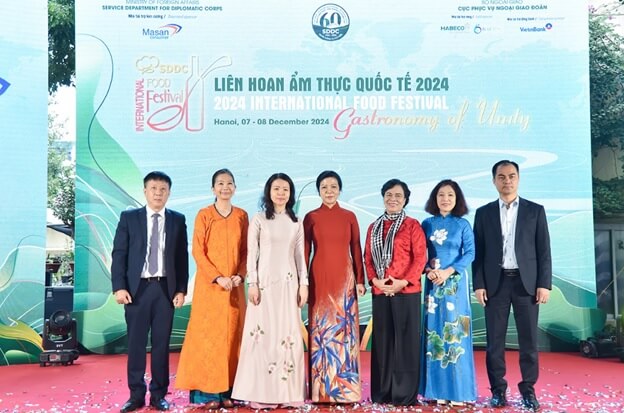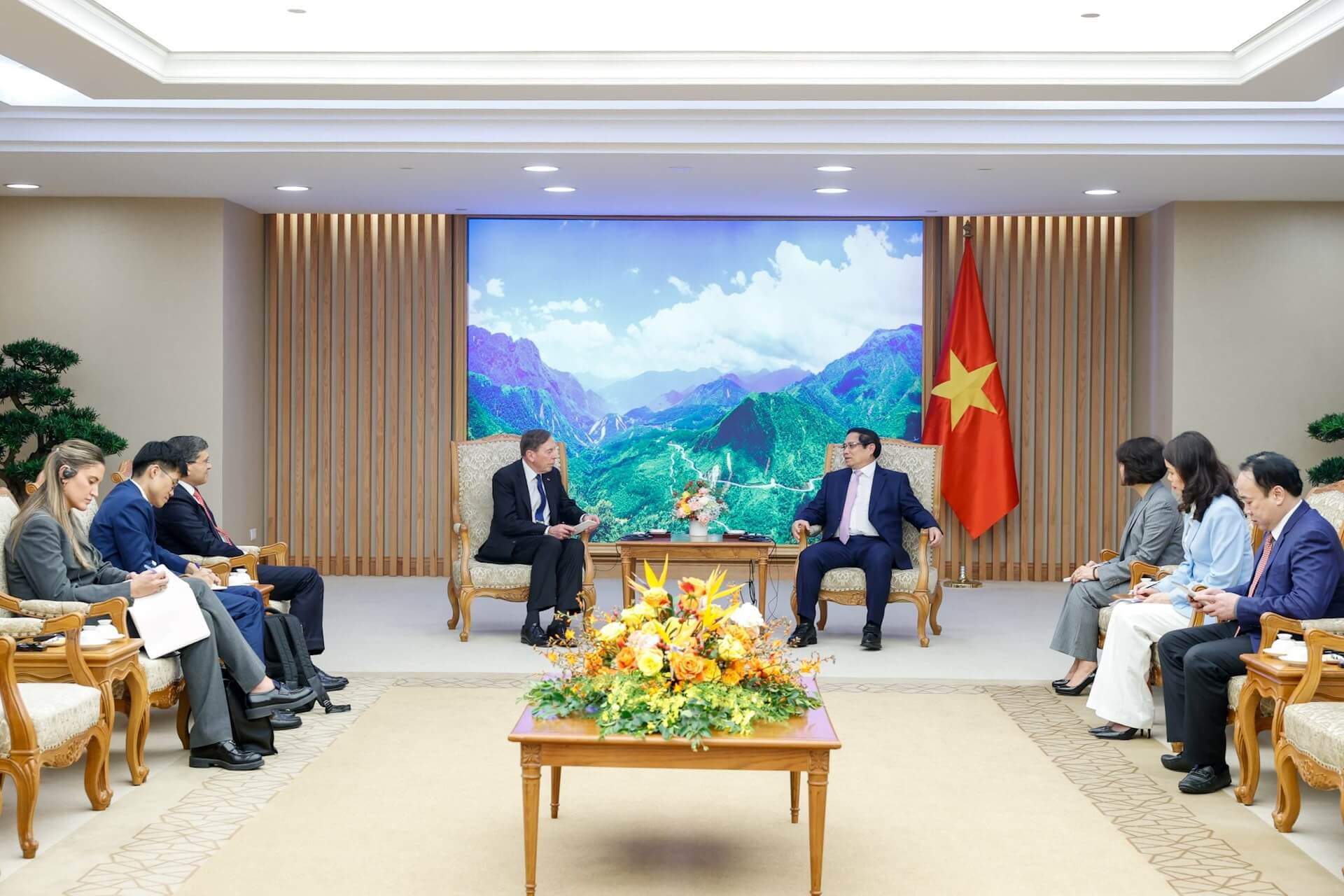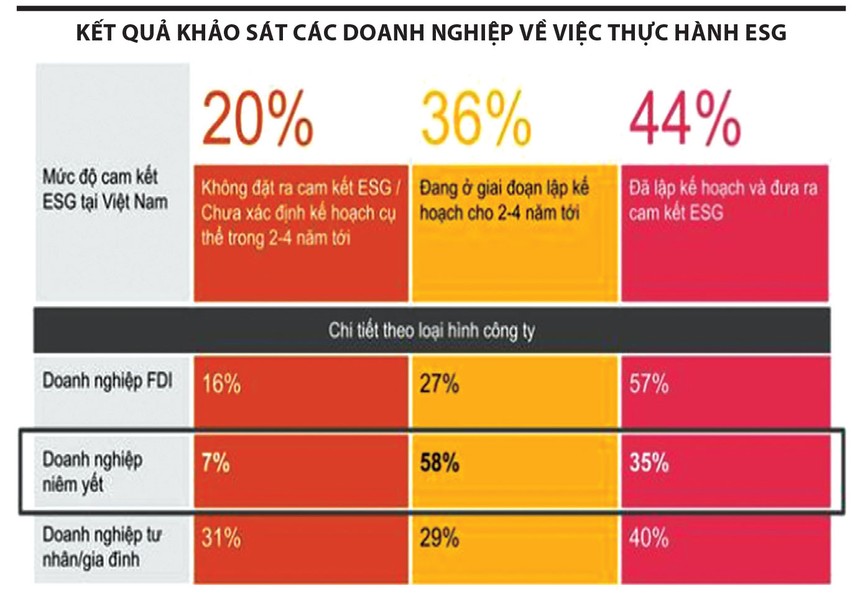Kinhtedothi – Green production is an essential path for Vietnamese enterprises to meet new requirements, in line with global development trends, enhance the position and competitiveness in both domestic and international markets.
Urgent requirements
Over the past decade, the demand for green production and green consumption has become urgent and has taken on legal significance for many countries around the world.

Many textile and garment enterprises are switching to green production. Illustration image.
Regarding this issue, Associate Professor Dr. Dinh Trong Thinh analyzed that over the past 2 to 3 years, the trend of green production has been seriously embraced and implemented by countries around the world. This is aimed at ensuring safe production activities from the input raw materials to the output products, and even after consumption, the recovery and recycling processes must meet environmental protection requirements.
Therefore, to grow and develop, particularly for a country like Vietnam that relies on exports and imports as a development driver, it is clear that Vietnamese businesses’ shift towards green production and green consumption is a mandatory requirement.
Especially in the years 2021-2022, when many countries worldwide demanded standards for green products, exporting to those markets reached a new level. This means that Vietnamese companies must meet these minimum requirements to export successfully.
“Green economy, green production, and green consumption have become a reality for Vietnamese businesses rather than just a trend. It is a requirement that companies must fulfill,” emphasized Associate Professor Dr. Dinh Trong Thinh.
According to Director of the WTO and Integration Center (VCCI) Nguyen Thi Thu Trang, 98% of Vietnamese enterprises are small and medium-sized. If they are required to change technology to produce green, they are almost incapable due to their weak financial capacity.

Producing leather shoes for export. Photo: Viet Dung
Therefore, it is crucial for regulatory authorities to establish green production standards for each item and product as soon as possible. Companies that conserve raw materials, save energy, reduce costs, and utilize non-renewable resources below the established standards should be recognized as engaging in green production.
Additionally, regulatory bodies should consider the average CO2 emissions per product in each industry. If companies can achieve emissions below that threshold, they should also be classified as practicing green production. This approach would encourage small and medium-sized enterprises in Vietnam to adopt greener practices, leading to greater conservation of raw materials, fuels, and energy.
Need for additional mechanisms and policies to support businesses
Many experts agree that the State needs to facilitate businesses through policies such as tax exemptions, reduced credit interest rates for companies achieving green products. This would enable businesses to access capital sources, innovate technology, improve production and business capacity, thereby accelerating the transition to greener practices.
Assoc. Prof. Dr. Dinh Trong Thinh stated the Ministry of Industry and Trade needs to firstly grasp the requirements of standards that markets around the world set for each product, from which to recommend to businesses so that they can have adaptation plans.
In addition, through trade offices and embassies, the Ministry of Industry and Trade grasps the technological and technical chains in the production of products in each industry to help businesses access the most suitable technology, ensuring savings in raw materials and adapting to the requirements of each market.
Nguyen Thi Thu Trang, Director of the WTO and Integration Center (VCCI), emphasizes that the Ministry of Industry and Trade should first understand the standard requirements set by global markets for each type of product. Based on this understanding, they can provide recommendations to businesses so they can develop suitable adaptation strategies.
In addition, the Ministry of Industry and Trade supports businesses in customs clearance of goods, protecting the interests of businesses when there are trade barriers. Thus, the task of the Ministry of Industry and Trade is directional in nature, accordingly, it not only solves specific tasks in import and export activities in the markets, but at the same time, it is also the one who guides businesses in the use of raw materials, thereby having green products that meet the requirements of the international market.
According to Deputy Director of the Department of Energy Saving and Sustainable Development (Ministry of Industry and Trade) Quach Quang Dong, in order to support businesses, the Government, ministries and branches need to supplement and perfect mechanisms and policies to respond to the new context and situation of the world; at the same time, protect the legitimate interests of businesses, create favorable conditions for businesses to develop and limit risks.
Currently, for small and medium-sized enterprises aiming for green and sustainable development, changing, transitioning, and improving production technology is essential but requires significant investment costs. Therefore, the government needs to assist businesses in maximizing domestic and international resources, including new financial sources such as green finance or carbon markets, to provide additional support for business development.





